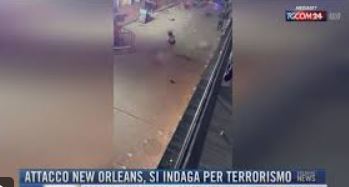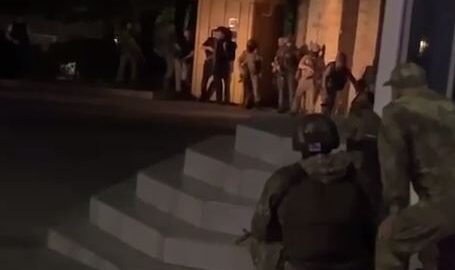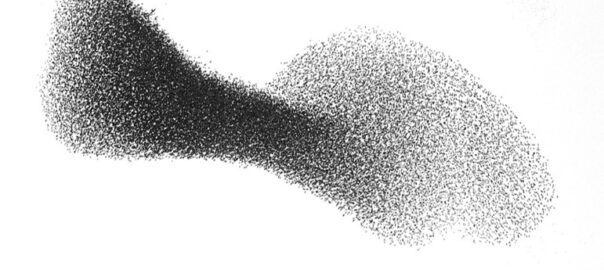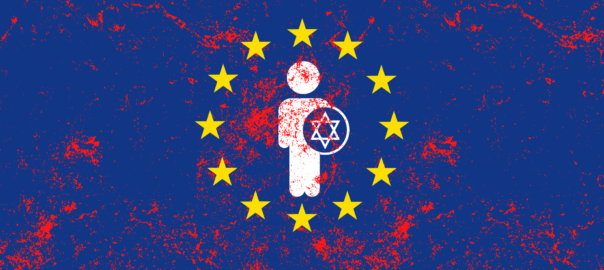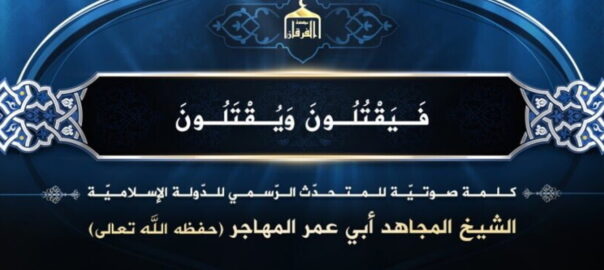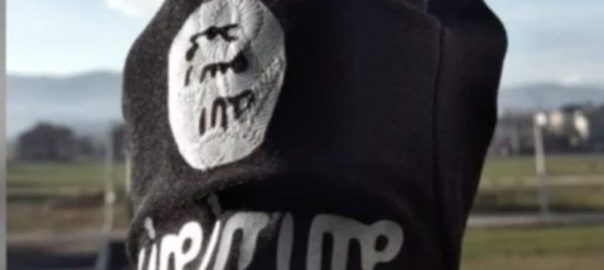Il 31 dicembre 2024, Mohamed Baari Shire, giovane Vicepresidente del Parlamento del Puntland, è stato bersaglio di un attacco complesso condotto dai militanti affiliati all’ISIS. L’operazione, che comprendeva esplosioni suicide e assalti armati, è stata respinta con successo dalle Forze di Sicurezza del Puntland. Sebbene l’attentato non abbia raggiunto il suo obiettivo primario, ha confermato la portata e l’organizzazione della minaccia jihadista nella regione.
Continue readingTag Archives: ISIS
New Orleans and Las Vegas Trump Hotel attacks: food for thought regarding military service and terrorist violence – by Maria Alvanou
The New Orleans and Las Vegas Trump Hotel attacks should both bring to the attention of experts the issue of war veteran’s post-traumatic stress and the connection between military service and extremist ideologies.
Continue readingSPOTREP: The New Orleans terror attack – by Emilio Palmieri
WHAT WE KNOW(SALT report) – Size. An armed individual, self-proclaimed as an ISIS-affiliated operative, wearing a military fatigue, driving a rented pick-up truck packed with explosives (meant to be a VBIED[1]).
Continue readingSPOTREP: the FBI arrest of an Afghan ISIS operative in Oklahoma City. The need for a paradigm shift in security – by Emilio Palmieri
On October 8, 2024, the Justice Department in a press release announced the arrest of an Afghan national residing in Oklahoma City, Oklahoma, for conspiring to conduct an Election Day terrorist attack in the United States on behalf of the Islamic State of Iraq and al-Sham (ISIS), a designated foreign terrorist organization (FTO).
Continue readingAttentati Daghestan 23 giugno 2024 – by Giovanni Giacalone
L’attentato islamista di domenica 23 giugno in Daghestan ha causato la morte di 15 appartenenti alle forze di sicurezza (Polizia e Guardia Nazionale), due civili (tra cui il sacerdote Nicolai Kotelnikov, sgozzato dai terroristi), oltre al ferimento di una trentina di persone.
Continue readingIslamic State Propaganda, Following the Content – by F.Borgonovo, S. Lucini, M. Lakomy
From 2019 to the present, the Islamic State’s digital ecosystem has undergone a dramatic evolution. Within the timeframe of 2021 to 2023, new players have come onto the scene, offering specialized translation services, while others have fortified the infrastructure for online dissemination, making it more robust against attempts to disrupt their activities.
Continue readingTime to be realistic about Swarmcast2.0 – by Ali Fisher
For all the meetings, presentations and reports from embedded academics and industry groups, purporting to show success against Salafi-Jihadi groups, the movement is still comfortably able to disseminate content through Swarmcast2.0.
The Western metanarrative has long been accepted by the orthodoxy of Terrorism Studies. However, while claims of success resonate at events hosted by industry funded bodies, the challenge encapsulated by Swarmcast2.0 remains. Salafi-Jihadi groups and the media mujahidin maintain persistent networks which function across multiple platforms simultaneously.
Continue readingTowards a more progressive approach to studying the Salafi-Jihadi movement – by Ali Fisher
The ongoing struggle against the Salafi-Jihadi movement will require reflection on multiple levels to achieve a genuinely progressive and evidence-based approach. This reflection will focus on developing an authentic understanding of:
- Their core purpose – their theology expressed in hundreds of thousands of pages of text, along with days of audio and video content.
- The strategic communication approaches which underpin their da’wa; the missionary work often referred to by Western research as recruitment or radicalization. Such understanding will include how Salafi-Jihadi groups exploit the internet for strategic communication.
Holocaust Remembrance Day attack in Jerusalem: Comments from a European security perspective – by Maria Alvanou
The phrase “one man’s terrorist is another man’s freedom fighter” has been used in the discussion for decades now regarding whether violence conducted by Palestinians against Israelis constitutes terrorism or not. Different geopolitical interests, ideological approaches, historical accounts, and even personal affiliations, in conjunction with the complexity of the Middle Eastern issue and the grievances people have been facing in this area, have led to different characterizations. Some have called them terrorism, others insurgency or resistance. And indeed, from an operational point of view, when attacks have been aiming at military targets, things can be blurred. However, there have been some true textbook cases of terrorism. Such a case has been the one of January 27th, 2023, that has led UN Spokesperson, António Guterres to state: “There is never any excuse for acts of terrorism. They must be clearly condemned and rejected by all.”[1]
Continue readingSPOTREP – The death of Abu al-Hassan al-Hashimi al-Qurayshi – by Emilio Palmieri
What we know.
In a press release dated 30NOV22[1] CENTCOM[2] announced the death of ISIS Caliph Abu al-Hassan al-Hashimi al-Qurayshi. Continue reading
Ethnographizing Islamic States’s digital community – by Nicolò Spagna
Uno studio approfondito sulla comunità digitale su Telegram dello Stato Islamico, realizzato da Nicolò Spagna, ricercatore di ITSTIME. Un quadro che mancava con questo taglio di osservazione partecipante. Continue reading
I “Leoni dei Balcani” e la rete albanese-kosovara che raggiunge Milano – by Giovanni Giacalone
L’arresto della diciannovenne Bleona Tafallari, avuto luogo a Milano in via Padova mercoledì 17 novembre, ha riacceso nuovamente i riflettori sul pericolo di matrice jihadista targato Isis. Un pericolo che in realtà non si era mai ridimensionato ma era semplicemente latente, oltre che messo in terzo piano dai media in un periodo in cui l’attenzione è monoliticamente rivolta al contesto sanitario. Continue reading



